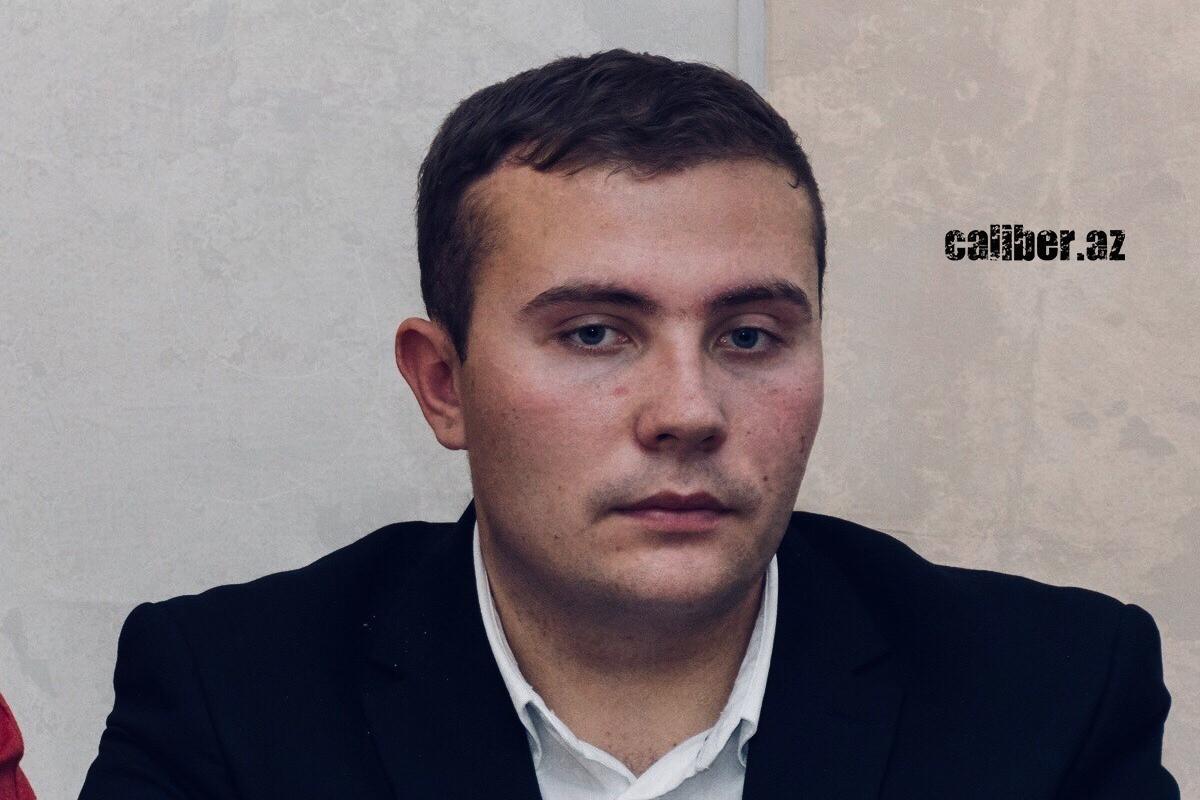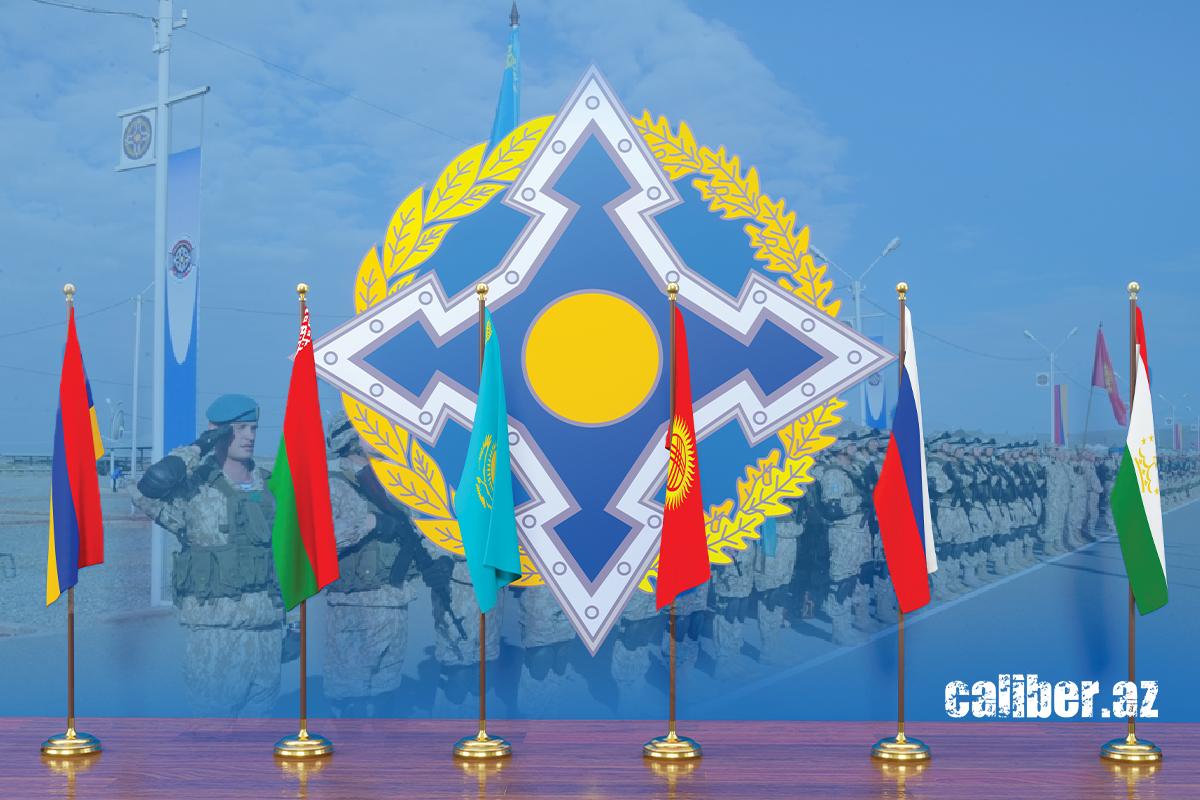"Superpowers focus on South Caucasus" Russian pundit on Caliber.Az
Caliber.Az interview with Russian pundit, senior lecturer of Russian Presidential Academy of National Economy and Public Administration, Sergei Margulis.

- Recently, Russian Foreign Minister Sergey Lavrov stated the importance of realising the regional platform "3+3". How do you assess the prospects of this project?
- The "3+3" initiative put forward by Azerbaijan and supported by Türkiye is not new and, in my opinion, can be generally promising for all participating countries, especially from an economic point of view. Undoubtedly, Lavrov's statements in this regard are not accidental, as it is important for Russia that this initiative excludes the participation of any external actors not directly related to the region, primarily the United States.
However, this platform is not effective enough from the point of view of the settlement of relations between Baku and Yerevan, as it will depend mainly on the political will of the leadership of Azerbaijan and Armenia.
- The Russian expert community is dominated by the opinion that after the war in Ukraine is over, the Russian Federation will more closely deal with the situation in the South Caucasus, particularly in Armenia. What specific steps can the Russian Federation take?
- I consider any statements on this topic to be populist. Firstly, because so far there are no specifics on the completion of the "special operation" (inverted commas - Ed.) in the Ukrainian direction.
Secondly, Russia has been trying to pursue a rather active policy in the South Caucasus since the 1990s, i.e. practically since the beginning of the Karabakh conflict. Therefore, it is not serious to talk about any powerful activation of the Russian Federation in the Caucasus in some vague prospect.
- How high is the probability of Armenia's withdrawal from the Collective Security Treaty Organization (CSTO)?
- There is a probability of Armenia's withdrawal from the CSTO, and it is quite high. Despite the Armenian leadership's assurances to the contrary, their recent steps show that at least this country has lost interest in this organisation. However, the practical actions of the Armenian leadership also show that.
At the same time, I do not think that Armenia will decide to leave the military bloc soon, even though its activities in the CSTO have been severely limited.

- In the wake of recent events, is a peace agreement between Baku and Yerevan possible in the foreseeable future?
- The negotiation process is underway, but I would not speak of a peace agreement in the short or medium term. This is accompanied by a number of unresolved issues, such as disagreements on the Zangazur corridor, border delimitation issues and so on.
On the other hand, the peace treaty may be perceived in the Armenian society as another defeat for Armenia. Therefore, Nikol Pashinyan is likely to further delay the possibility of concluding peace with Azerbaijan.
- Do you admit the possibility of US military bases deployment in Armenia and withdrawal of the Russian one from Gyumri?
-The topic of withdrawal of the Russian military base is discussed even in the Russian media quite actively, although, as far as I know, there has been no official statement in this regard either from the Armenian or Russian side. Therefore, I do not see any grounds for such a scenario.
As for the Russian peacekeepers in Karabakh, I think that their withdrawal in 2025 will most likely take place, as there are no serious grounds for their presence there. The Karabakh problem has been settled militarily, and now the point of having Russian peacekeepers there, to put it mildly, is diminishing. So I think they will leave the region, unless, of course, there are some radical changes in terms of regional security.
- According to your observations, what role does the South Caucasus play in world politics?
- The importance of the South Caucasus in international politics is clearly increasing due to its very important transport and economic potential. The leading superpowers, especially the US, are paying more attention to the region. This is an indicator of the importance of this region both in the system of international relations and in the world economy.








